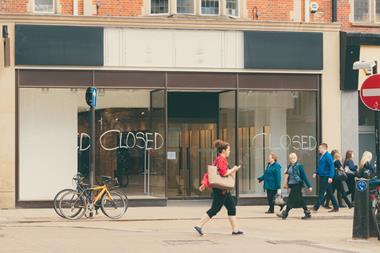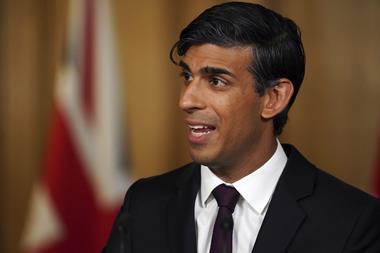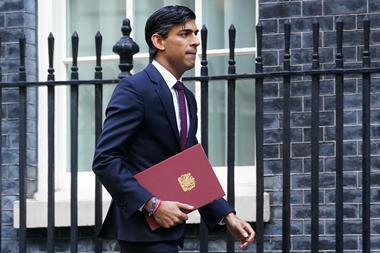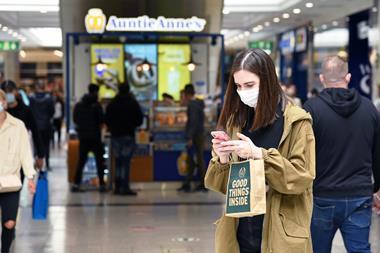Chancellor Rishi Sunak has unveiled his new job support scheme in Parliament, in a bid to stave off a spike in job losses once the current furlough scheme ends.
Sunak’s new scheme, which will come into effect on November 1 when the furlough scheme ends on October 31, is aimed at encouraging businesses to retain what he called “viable” jobs.
If employees are kept on and work 33% of their original hours, the government will then subsidise another third of that employee’s salary, with the final third being paid for by the employer.
A graphic tweeted by HM Revenue and Customs said under the scheme, an employee working a third of their original hours would receive 77% of their full-time pay with businesses covering 55% of that.
From 1 November, for the next six months, the Job Support Scheme will protect viable jobs in businesses who are facing lower demand over the winter months due to Covid-19. pic.twitter.com/8NpIKpQV8y
— HM Treasury (@hmtreasury) September 24, 2020
Sunak said the job retention scheme was aimed predominantly at small and medium-sized businesses, saying that only large businesses “in real trouble” could apply.
The new scheme will run for six months, starting November 1, but Sunak warned parliament that he “couldn’t save every business, and every job,” adding “no chancellor could”.
He added that the government’s previous furlough scheme, which had covered up to 80% of full-time pay, had to be bought to an end “because the support must adapt and evolve”.
Sunak also confirmed he would be cutting interest on all businesses who had deferred VAT repayments until March next year. Rather than being forced to pay that back in a lump sum, businesses can split repayments over 11 smaller payments.
In terms of the government’s previous large and small coronavirus business interruption loans, Sunak announced a “pay as you grow” system, allowing repayments to be extended out to up to 10 years, halving monthly repayments.
The chancellor also unveiled specific schemes for two of the “worst-hit” sectors – hospitality and tourism. For those sectors, Sunak said he would cancel the planned increase of VAT from 5% to 20%, which was due to come into effect in January.
Instead, the lower rate of 5% will remain until March 31.
He made no mention of extending this filip to the retail sector.
The chancellor was keen to get home the message that the UK economy now needed to learn to live with the virus and said “life is more than about merely existing”.


























No comments yet